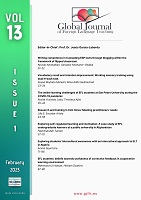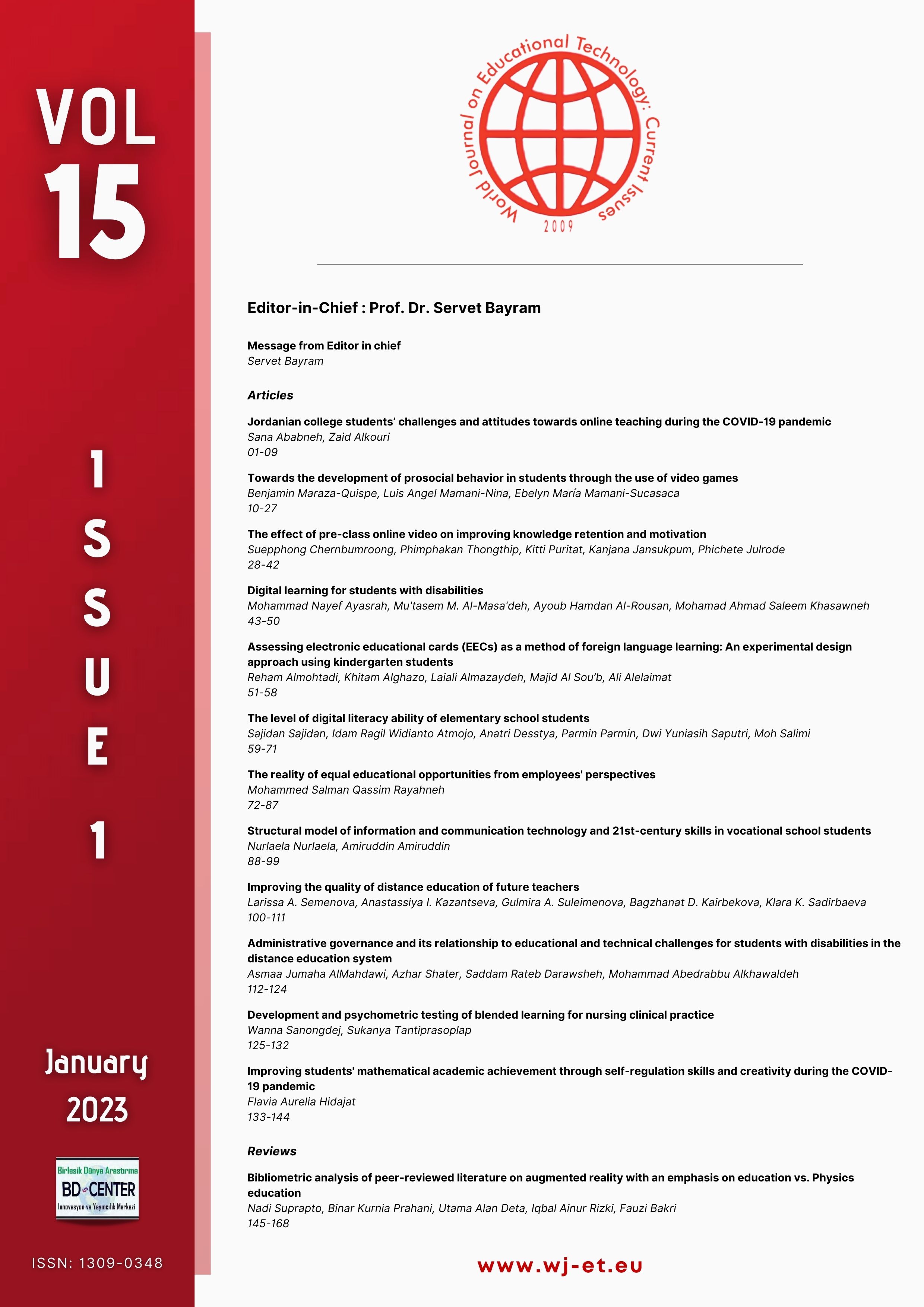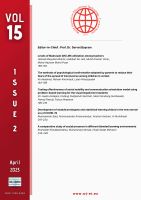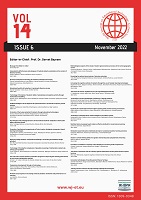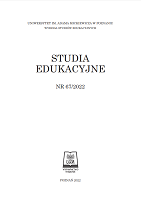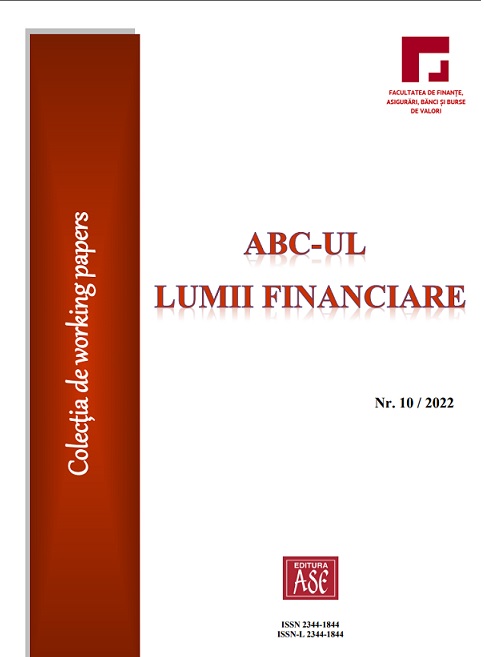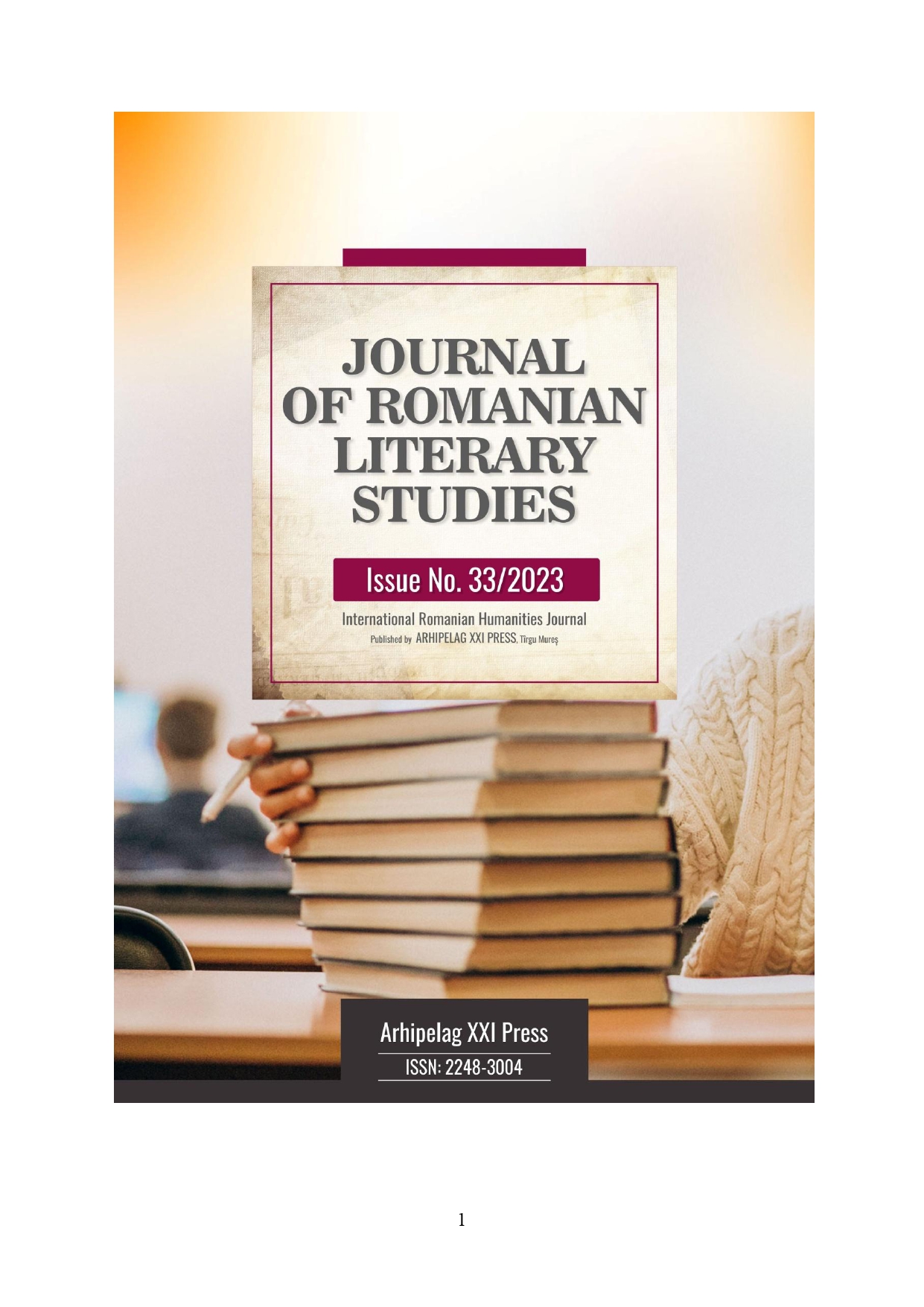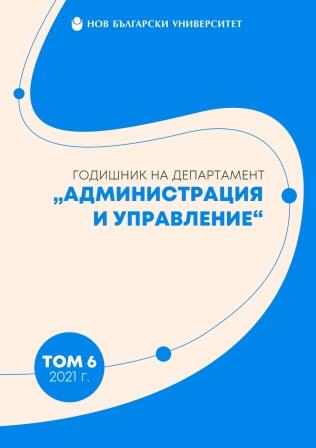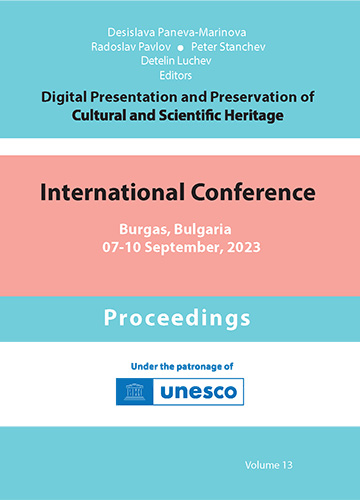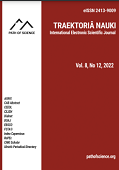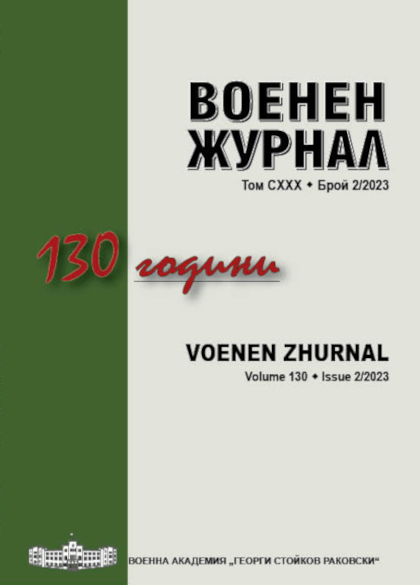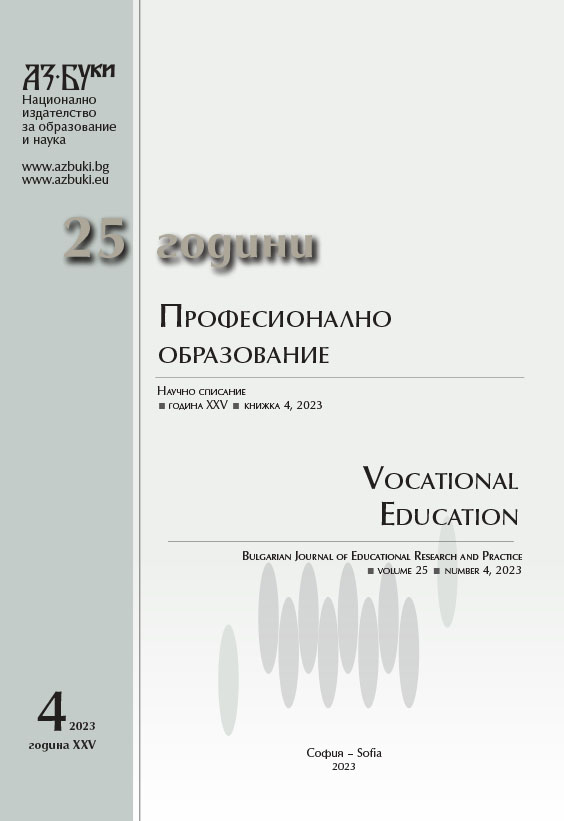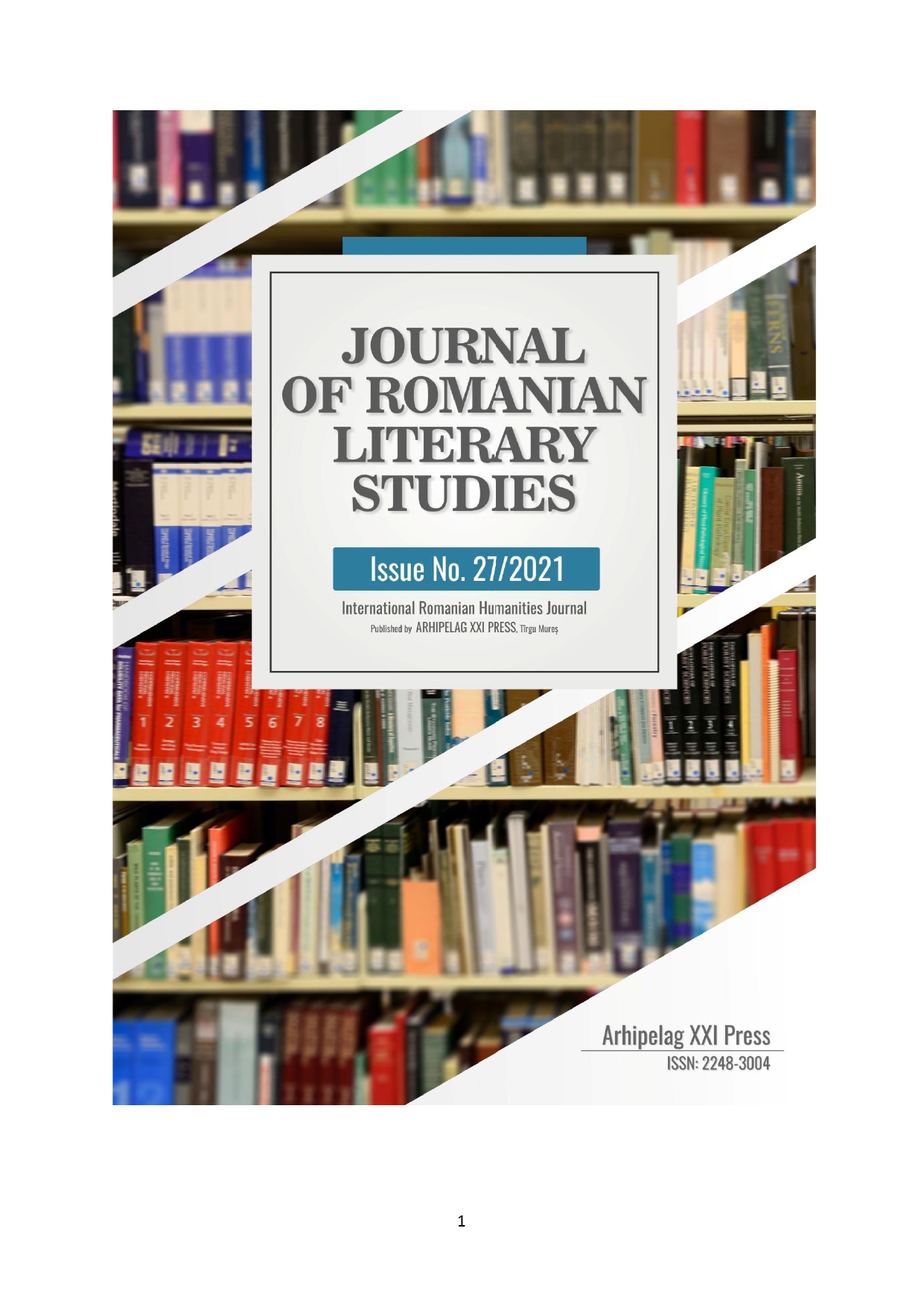
TRANSLANGUAGING KNOWLEDGE REMOTELY: THE ANALYSIS OF AN ACADEMIC WEBINAR
This research explores how academic webinars are trans-languaged by drawing on the sort of linguistic strategies and techniques implicated in these webinars. The research, therefore, poses two key questions relevant to how knowledge is communicated and what strategies are used in this communication. The research hypothesizes that academic webinars communicate knowledge from a single professional presenter to many knowledge-receiving attendees, based on a presupposed view that presenters and moderators in webinars adhere to certain linguistic and conversational moves. To explore how academic webinars proceed and what they imply, a single academic webinar was randomly sampled for analysis. First, academic webinars were introduced, key terms were defined, and some previous literature was highlighted. Then, the sampled webinar was administered for analysis (gathering, transcription, analysis), a discourse-conversational model of analysis was applied, and a complete analysis was conducted. Finally, the research concluded findings, laid down conclusions, and suggested future areas of research. The research found that webinars are knowledge-specific, highly professional, and they manifest certain linguistic and discourse strategies. The research, also, concluded that webinars feature strategies such as reformulation, mono-versation, on-screen sharing, speaker invisibility, indirect engagement, inactive moderation, and graphic interaction. The research, further, recommends a more linguistic investigation into online learning, whether in webinars, online workshops, massive open online courses, or in any virtual learning practices.
More...
